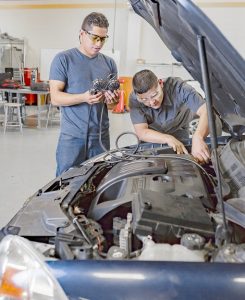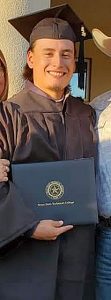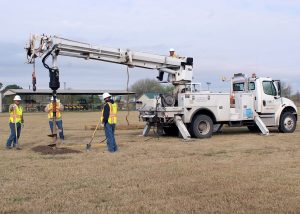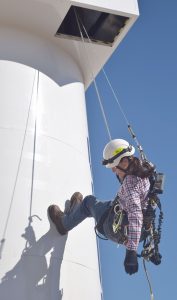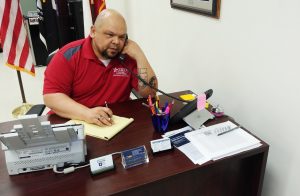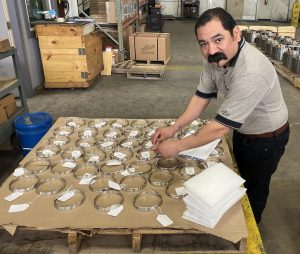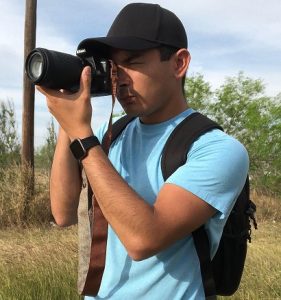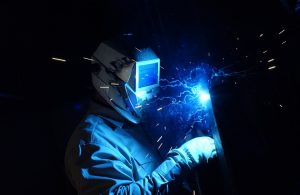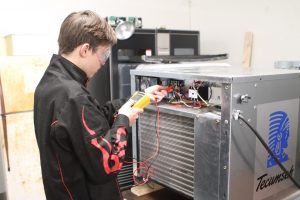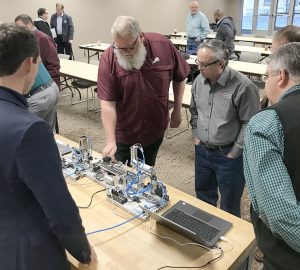(HARLINGEN, Texas) – Texas State Technical College Automotive Technology students are getting a feel for what it will be like in the shop.
With TSTC going to online classes, the students enrolled in the program are now working remotely. According to lead instructor Miguel Zoleta, this could be what students experience in the workforce.
“The remote learning will be difficult for the students since this is an 80 percent hands-on course,” Zoleta said. “There will be online or remote learning out in the field. As technicians in dealerships, future graduates are going to be learning via online training.”
Zoleta said students will attend course lectures, which account for 20 percent of the course, during online classes.
“They will also do online tests and quizzes, as well as online training videos on equipment they are using in their course,” he said.
With remote learning, Zoleta will not be able to spotlight the program for prospective students. But he knows that the TSTC recruiting team will work to inform students.
“Throughout this time that we will be working remotely, our enrollment coaches and recruitment team are also coming up with new ideas to attract new students,” he said.
Technology is also being used to promote the program to prospective students, Zoleta said.
“We have made presentations and PowerPoints to advertise our program,” he said. “This material can be sent to prospective students via email to help attract them to our program.”
TSTC offers an Associate of Applied Science degree, as well as an Automotive Technician certificate. Zoleta said the program can lead directly to jobs, especially at local dealerships.
“There is a large demand for automotive technicians. With an associate degree, students can work either in the gasoline industry or in the diesel industry as this industry is growing at a really fast pace,” he said.
With many people not leaving their homes due to COVID-19, Zoleta said vehicles should be routinely checked.
“A walk-around inspection every morning should be done just to make sure their tires are in good condition and properly inflated,” he said. “People should also check under the hood to make sure all fluid levels are within specification and the drive belt is in good condition.”
For more information on Texas State Technical College, go to tstc.edu.
